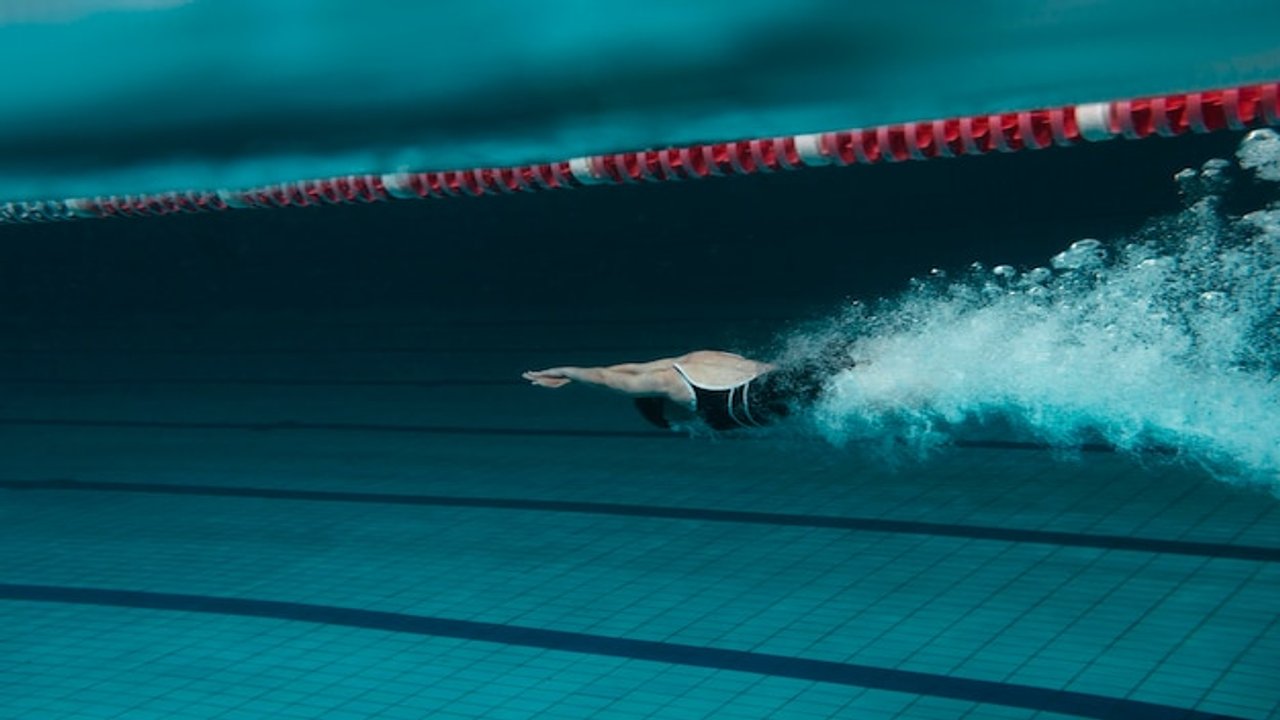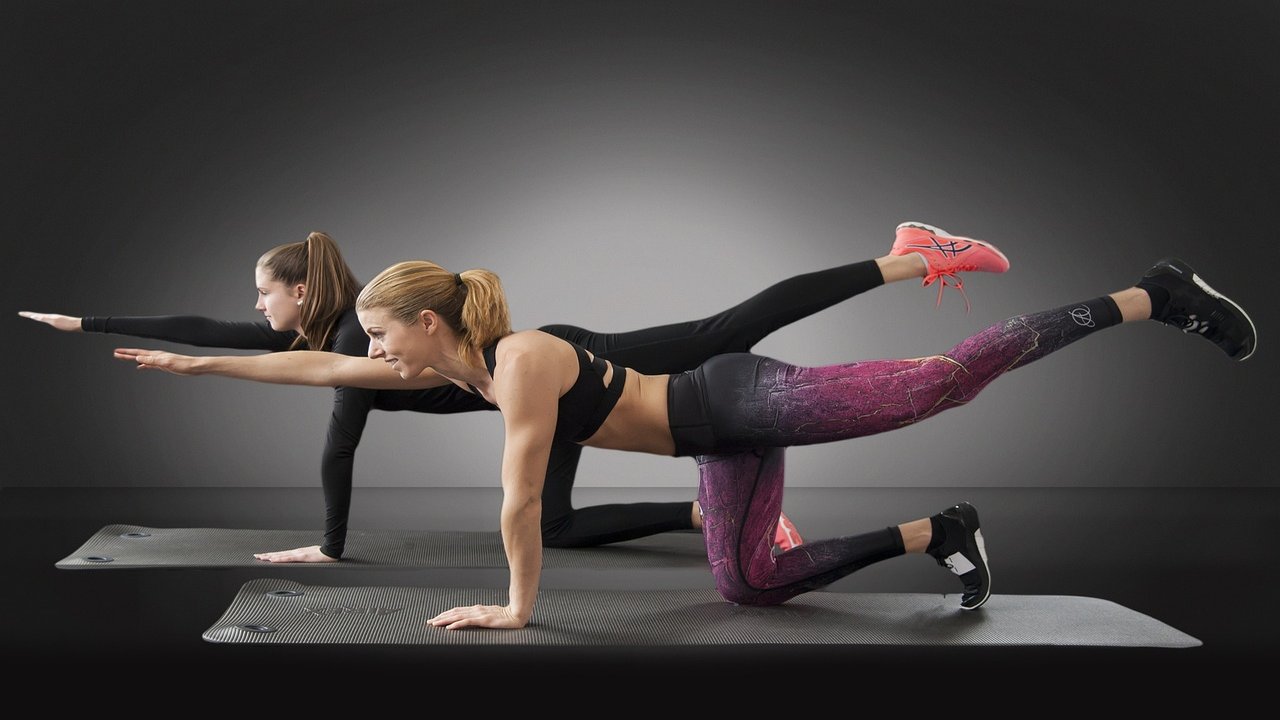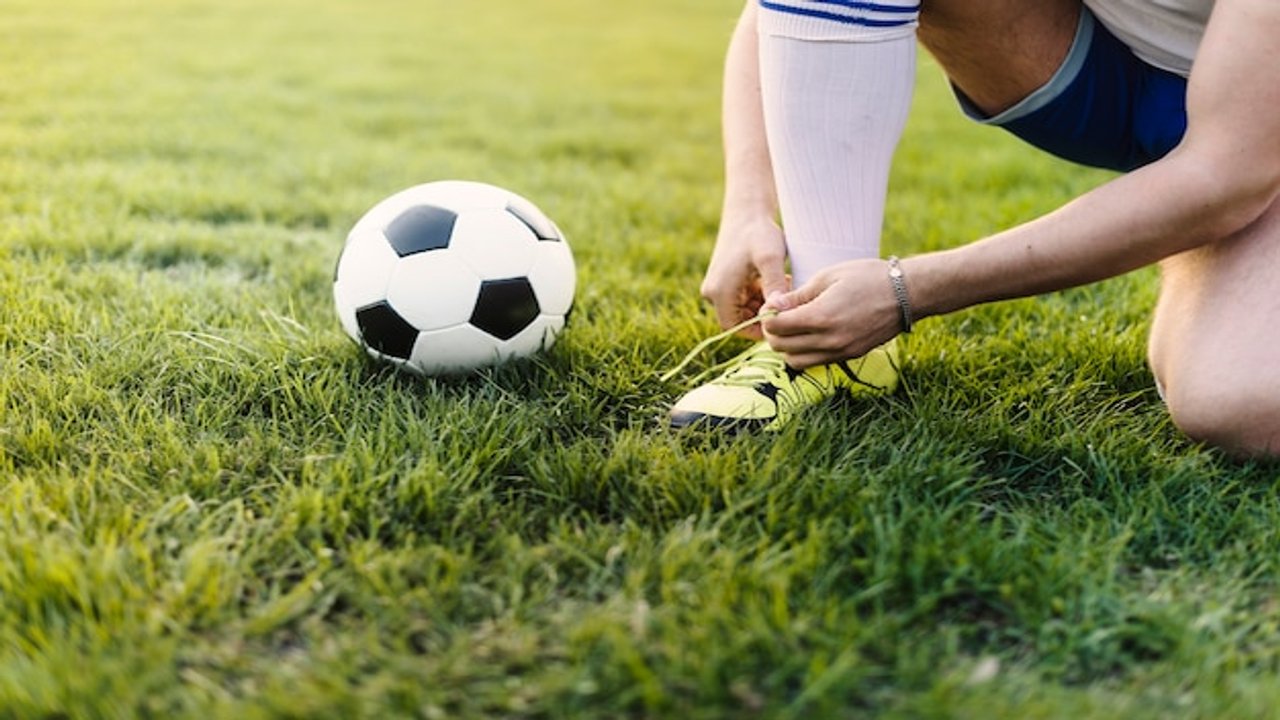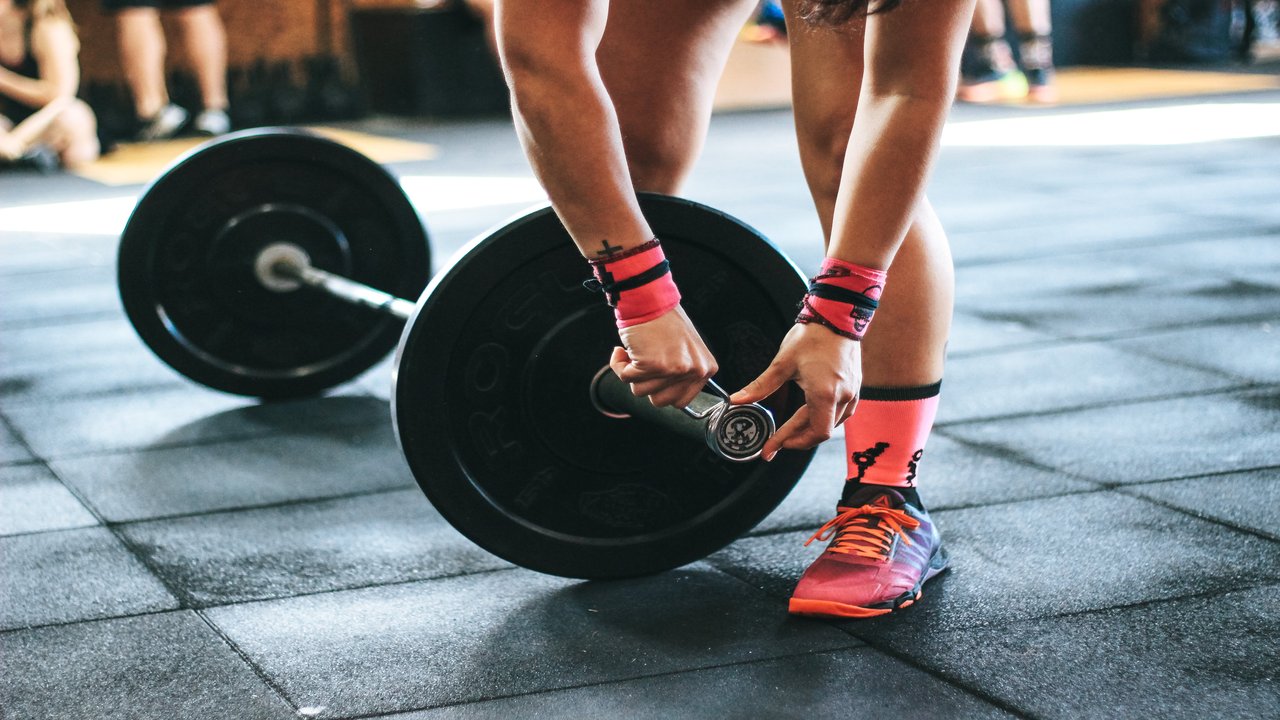
If you want to perform at your peak, your gut health is like the engine that keeps you running smoothly. Optimizing it is key to unlocking your full athletic potential.
By fueling your body with the right combination of probiotics, prebiotics, fiber, hydration, whole foods, a balanced diet, gut-friendly supplements, stress management, quality sleep, and an effective exercise routine, you can boost your performance and recovery.
This guide will show you how to fine-tune your gut for optimal athletic prowess.
Key Takeaways
- Probiotics can help maintain a healthy balance of gut bacteria, which is important for digestion, metabolism, and immune system regulation.
- Prebiotics, found in foods like garlic, onions, leeks, asparagus, bananas, and apples, can nourish and promote the growth of beneficial gut bacteria, improving digestion and overall gut health.
- Maximizing fiber intake through foods like oats, legumes, fruits, whole grains, vegetables, and nuts can aid in digestion, regulate blood sugar levels, and promote satiety.
- Essential hydration strategies, such as drinking plenty of water, maintaining electrolyte balance, consuming water-rich foods, and paying attention to hydration signals, are crucial for peak athletic performance.
Importance of Probiotics
Why are probiotics essential for optimizing your gut health and enhancing your athletic performance?
Probiotics play a crucial role in maintaining a healthy gut microbiota, which is essential for good digestive health and overall well-being. Your gut microbiota consists of trillions of microorganisms that influence various bodily functions, including digestion, metabolism, and immune system regulation. When the balance of these microorganisms is disrupted, it can lead to digestive issues, inflammation, and a weakened immune system, ultimately affecting your athletic performance.

Integrating probiotics into your diet can help restore and maintain a healthy balance of gut bacteria, promoting better digestion and nutrient absorption. This, in turn, can positively impact your energy levels, recovery time, and overall endurance during physical activities. Research suggests that a healthy gut microbiota can also reduce exercise-induced stress and inflammation, further enhancing your athletic performance.
In addition to supporting digestive health, probiotics may also contribute to a stronger immune system, reducing the risk of infections that could sideline your training. By incorporating probiotic-rich foods or supplements into your daily routine, you can support your gut health and lay a foundation for improved athletic performance.
Incorporating Prebiotics
To support your gut health and athletic performance, include prebiotics in your diet to nourish and promote the growth of beneficial gut bacteria. Prebiotics are non-digestible fibers that act as food for the good bacteria in your gut, supporting gut nourishment and microbiome support.
Incorporating prebiotics into your diet can be achieved by consuming foods such as garlic, onions, leeks, asparagus, bananas, and apples. These foods contain high levels of inulin, a type of prebiotic fiber that helps to fuel the growth of beneficial bacteria in your gut.
Additionally, you can incorporate prebiotic supplements into your daily routine to ensure an adequate intake of these beneficial fibers. By nourishing your gut with prebiotics, you create a healthy environment for the growth of beneficial bacteria, which can contribute to improved digestion, nutrient absorption, and overall gut health.

Including prebiotics in your diet is a proactive way to support your gut microbiome and enhance your athletic performance.
Maximizing Fiber Intake
Maximize your fiber intake to further support your gut health and athletic performance by incorporating a variety of fiber-rich foods into your daily meals and snacks. Increasing soluble fiber, found in foods like oats, legumes, and fruits, can aid in digestion, regulate blood sugar levels, and promote satiety.
Consider fiber-rich meal planning by including whole grains, vegetables, and nuts to ensure you're meeting your daily fiber needs. High fiber snacks such as raw veggies with hummus or chia seed pudding can help you reach your fiber goals while providing essential nutrients for optimal performance.
If you find it challenging to consume enough fiber through whole foods alone, fiber supplements can be a convenient option. However, it's important to consult with a healthcare professional before adding supplements to your routine. Aim to gradually increase your fiber intake to allow your body to adjust and prevent potential digestive discomfort.
Essential Hydration Strategies
Ensure your body's hydration needs are met by incorporating a variety of hydrating fluids into your daily routine. Hydration techniques are crucial for maintaining peak athletic performance.

Start by drinking plenty of water throughout the day, aiming for at least 8-10 cups, and even more if you're engaging in intense physical activity. Electrolyte balance is also essential, so consider consuming sports drinks or coconut water to replenish electrolytes lost through sweat.
Additionally, consuming water-rich foods such as fruits and vegetables can contribute to your overall hydration. It's important to pay attention to your body's signals for thirst and drink fluids accordingly. Monitoring the color of your urine can also provide valuable insights into your hydration status - light yellow or clear urine typically indicates adequate hydration.
Emphasizing Whole Foods
Emphasizing whole foods is essential for optimizing gut health and peak athletic performance. They provide a rich source of nutrients and fiber that support digestive function and overall well-being.
When focusing on whole foods, incorporating nutrient-dense options into your meals is key. Choose foods like leafy greens, colorful fruits, lean proteins, and whole grains to ensure you're getting a wide variety of essential vitamins and minerals.
Meal planning strategies can help you incorporate whole foods into your diet seamlessly. Plan your meals around fresh, whole ingredients and prepare them in a way that retains their nutritional value.

When you prioritize whole foods, you naturally reduce your intake of processed and refined products, which can have a positive impact on your gut health and athletic performance.
Achieving a Balanced Diet
Incorporating a balanced diet is crucial for optimizing gut health and achieving peak athletic performance. This involves fueling your body with essential nutrients and supporting overall well-being. Nutrient timing plays a vital role in ensuring that your body receives the right nutrients at the right times to support your physical activities and recovery.
By consuming a balanced mix of carbohydrates, proteins, and healthy fats before and after workouts, you can enhance your performance and promote muscle repair and growth. This means being mindful of portion sizes to avoid overeating, which can lead to digestive discomfort and may negatively impact your athletic performance.
Eating smaller, balanced meals throughout the day can help regulate blood sugar levels and sustain energy levels during training and competitions. By paying attention to nutrient timing and portion control, you can effectively support your athletic endeavors and promote optimal gut health.
Frequently Asked Questions
Gut-friendly supplements can indeed improve athletic performance. They offer benefits like improved nutrient absorption and enhanced immune function. However, some may have drawbacks like digestive discomfort.

Probiotics and prebiotics also play a crucial role in performance by supporting gut health and reducing inflammation.
It's essential to find the right balance and consult with a healthcare professional to ensure you're getting the most out of gut-friendly supplements for optimal athletic performance.
When it comes to stress management and gut health, it's easy to overlook their connection to athletic performance. However addressing your stress response positively impacts your gut microbiota, mental wellness, and exercise recovery.
High-stress levels can disrupt your gut balance, affecting nutrient absorption and immune function, ultimately impacting your performance.
Managing stress through mindfulness, relaxation techniques, and proper rest can significantly support your gut health and athletic achievements.

To promote gut health, specific exercises like yoga, Pilates, and core workouts help. They support the gut-brain connection, aiding digestion and overall well-being.
High-intensity interval training can also benefit gut health by boosting metabolism and nutrient absorption.
Pairing these exercises with athlete nutrition, such as whole foods and a balanced diet, optimizes gut health for peak athletic performance.
Are There Any Sleep Quality Tips Specifically for Improving Gut Health?
To improve digestion, it's crucial to prioritize sleep quality. Simple sleep hygiene practices, like sticking to a consistent sleep schedule, creating a relaxing bedtime routine, and ensuring your sleep environment is comfortable and dark, can significantly impact gut health.
Quality sleep allows your body to properly digest and absorb nutrients, supporting overall gut function. So, don't underestimate the power of good sleep for optimizing your digestion and overall athletic performance.

Different probiotic strains can impact athletic performance differently. For example, some strains may support immune function, while others can aid in nutrient absorption.
As for prebiotics, various sources like garlic, onions, and bananas can promote gut health by feeding beneficial bacteria.
It's essential to find the right balance of probiotics and prebiotics to support your athletic performance, as they can influence digestion, nutrient absorption, and overall well-being.
Conclusion
As you nourish your gut, you're planting the seeds of strength and vitality within your body. Just as a garden needs care and attention, so too does your gut health require nurturing.
By incorporating probiotics, prebiotics, fiber, hydration, and whole foods into your diet, you're tending to the garden of your gut, ensuring it flourishes and supports your peak athletic performance.

Remember, a healthy gut is the foundation for a thriving body and mind.
Statistics
- Optimizing gut health can contribute to better sleep quality, benefiting athletes' overall recovery.
- An optimized gut microbiome can help combat exercise-induced oxidative stress and free radicals.
- Gut health is a crucial factor in maximizing athletic performance.
- A healthy gut can improve an athlete's metabolism and energy levels.
- An optimized gut microbiome can enhance an athlete's immune system.
- A diet rich in fiber can support a healthy gut by feeding beneficial gut bacteria.
- Gut health can impact nutrient absorption, which is essential for delivering fuel to muscles during exercise.
- Having a healthy gut can help athletes recover faster from intense workouts.
- A balanced gut can help regulate appetite and promote healthy weight management in athletes.
- Regular exercise has been shown to positively influence gut microbiota diversity.
External Links
- Learn about the link between gut health and athletic performance in this article from Outside Online.
- Learn about the impact of gut health on athletic performance and recovery in this journal article from the Journal of the International Society of Sports Nutrition.
- Inc.com provides insights on nutrition and gut health for maximizing athletic performance.
- This study explores the impact of exercise on gut microbiota diversity and function in athletes.
- ScienceDirect explores the potential mechanisms by which the gut microbiome affects athletic performance and recovery.
- This study investigates the effects of exercise and diet on gut microbiota diversity in athletes.
- Learn about the role of the gut microbiome in athletic performance in this research article.
- The Academy of Nutrition and Dietetics discusses how the gut microbiome can impact athletic performance.
- This review discusses the potential benefits of probiotics for athletes' gut health and performance.
- Find out how a healthy gut can improve sports performance in this article from ScienceDirect.
How To
How to Reduce Alcohol Intake for Improved Gut Health
Reducing alcohol intake is essential for optimizing gut health and promoting peak athletic performance. Start by being mindful of your drinking habits and setting limits for yourself. Aim to consume alcohol in moderation or avoid it altogether. When you do drink, choose lower-alcohol options and pace yourself. Avoid binge drinking, as it can have detrimental effects on gut health. Additionally, be aware of the negative impact alcohol can have on sleep quality and digestion. Opt for non-alcoholic alternatives or mocktails when socializing or celebrating. By reducing alcohol intake, you can support a healthy gut and improve your athletic performance.
 HealthWellnessFitnessBeautyVideosPrivacy PolicyTerms And Conditions
HealthWellnessFitnessBeautyVideosPrivacy PolicyTerms And Conditions
